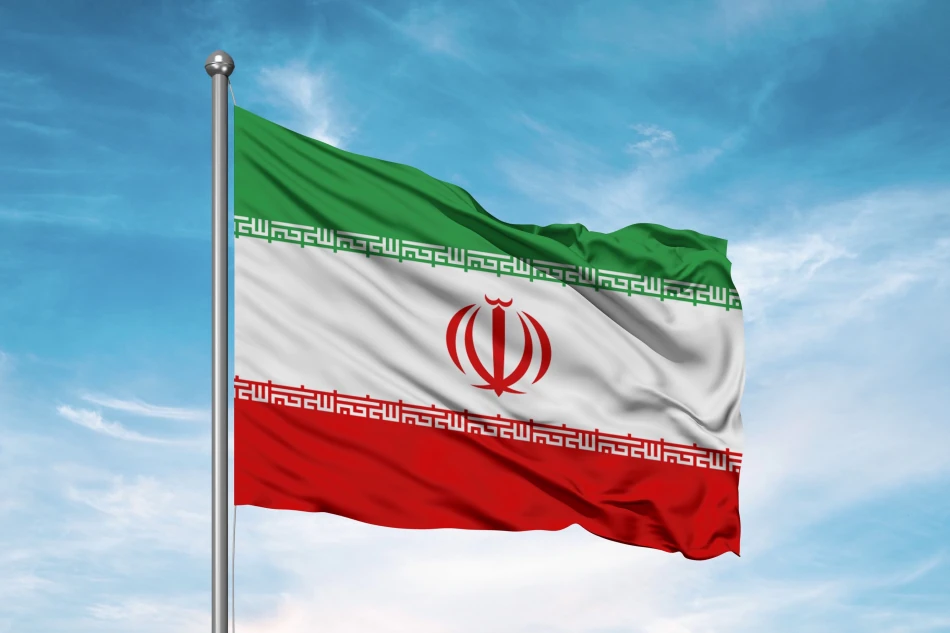
Iran Restricts Late-Night Water Supply, Sparking Concerns Among Citizens
Iran is cutting off water supplies to major cities including Tehran during evening hours as the country faces its worst water crisis in years. Energy Minister Abbas Ali-Abadi announced the temporary shutoffs will run from evening until morning, forcing residents to store water and install pumps to cope with the shortages.
Iran's water crisis has reached a breaking point. The government started implementing evening water cuts in several Tehran neighborhoods, with residents now storing water as part of their daily routine just to flush toilets and meet basic needs.
The energy minister explained that authorities have no choice but to cut supplies during peak evening hours so reservoirs can refill overnight. He warned residents to expect significant drops in water pressure and urged them to install storage tanks and pumps to get through the cutoff periods.
President Masoud Pezeshkian escalated the rhetoric this week, threatening strict water rationing measures if rain doesn't arrive by next month. He even floated the idea of evacuating Tehran's 15 million residents if the drought continues.
But observers see this evacuation threat as symbolic posturing rather than a realistic plan. Moving Iran's capital would take years, if not decades, given that all central government functions and most jobs are concentrated in Tehran.
The water crisis highlights Iran's broader infrastructure challenges. Years of poor water management, combined with climate change and reduced rainfall, have pushed the country's water system to its limits. Major cities across Iran are now implementing similar rationing measures.
For Tehran residents, the evening water cuts have become the new normal. Families fill buckets and containers before the shutoffs begin, planning their evening routines around when the taps will run dry. The situation forces people to rethink basic activities like cooking dinner, taking showers, and doing laundry.
The crisis also puts pressure on Iran's economy. Businesses that rely on consistent water supplies face disruptions, and the government must invest heavily in infrastructure improvements it can barely afford under international sanctions.
Iran's water problems aren't new, but they're getting worse. The country has been dealing with drought conditions and water scarcity for years, but the current crisis represents the most severe challenge yet for urban water supplies.
Most Viewed News

 Sara Khaled
Sara Khaled






